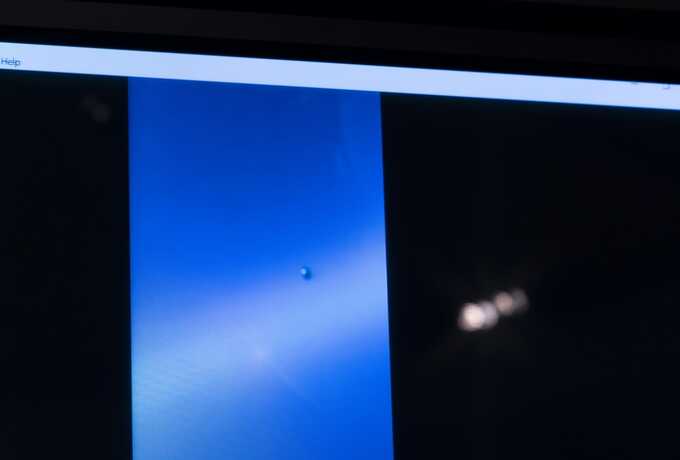FBI agents investigating UFOs fear potential purge may push them out
The existence of the FBI’s informal working group on the issue has not been disclosed publicly before.
FBI agents who are part of a secretive group investigating the surge of “unidentified anomalous phenomena,” what the government uses to refer to UFOs, are worried that they could lose their jobs in a possible FBI purge targeting officials who worked on Jan. 6 cases, according to four people familiar with the matter.
Some of the FBI agents who work in the group also worked on Jan. 6 cases, according to the people. All agents across the bureau have been ordered to fill out a questionnaire about their work on the Capitol attack. There are worries that the move could lead to a Trump-ordered purge at the agency, said the people, some of whom were granted anonymity to discuss personnel matters.
“I have spoken to several agents from the UAP Working Group who are afraid of losing their role and the investigation getting unintentionally compromised,” said Ryan Graves, executive director of Americans for Safe Aerospace and a former Navy pilot. “I am concerned that the FBI’s UAP Working Group could be affected by transition changes, and these leaders might not be aware of the incredible work these agents are doing and how their investigation could be empowered as part of a formalized intergovernmental effort.”
The existence of the FBI’s informal working group on the issue has not been disclosed publicly before. Graves and three other people familiar with the group said it consists of a national program manager and more than a dozen employees across the country who spend much of their time tracking down UAPs.
Graves said that for more than a year, his group has worked with the FBI team to refer interested witnesses, leads and open source intelligence to help the bureau’s efforts to protect the country and the aviation industry from unidentified phenomena. He said the agents have interviewed interested witnesses and “plus up” these reports with classified information.
“This FBI Working Group is uniquely positioned to investigate UAP due to their joint law enforcement and intelligence authorities,” he said, adding he was “deeply worried that agents key to the investigation of UAP could be removed, which would undermine the Trump Administration’s commitment to take the U out of UAP.”
A spokesperson for the FBI declined to comment.
The Pentagon had a similar effort called the Advanced Aerospace Threat Identification Program whose disclosure in 2017 sent shockwaves throughout Washington and around the country.
Since the revelations that the military was compiling mysterious incidents of UAPs, there has been a bipartisan push in Congress to require the government to more aggressively investigate them. Many of these legislative efforts were led by then-Sen. Marco Rubio (R-Fla.), who is now Secretary of State.
“Advanced objects demonstrating advanced technology are routinely flying over our restricted or sensitive airspace posing a risk to both flight safety & national security,” he said on Twitter in 2023.
Other key appointees of the Trump administration have also advocated for investigating unknown objects in the sky. CIA director John Ratcliffe, who was director of national intelligence in the first Trump administration, said on Fox News in 2021 that “there are a lot more sightings than have been made public.”
He said there are “objects that have been seen by Navy or Air Force pilots, or in satellite imagery, that engage in actions that are difficult to explain, movements that are hard to replicate, that we don’t have the technology for, or traveling at speeds that exceed the sound barrier without a sonic boom.”
In a local media interview in 2023, Mike Waltz, Trump’s national security adviser and a former Florida lawmaker, said that the government needs “to take this incredibly seriously.”
“It’s not our systems. It’s either our adversaries have things with capabilities that we aren’t aware of or that we can’t explain or it’s other wordly,” he said.
Caison Best, a former Army special forces intelligence officer who said in an interview that he had spoken to members of the FBI working group after witnessing a UAP in Colorado, said it would be “obviously detrimental” to its UAP investigation if those agents were fired.
“The FBI is one component of the government that is starting to realize what other functions in the government have already known for a long time and have been participating in,” he said. “And if FBI agents are the mechanism to bring that under a legal umbrella, I think they’re doing unbelievably critical work.”
Read more similar news:
Comments:
comments powered by Disqus
































